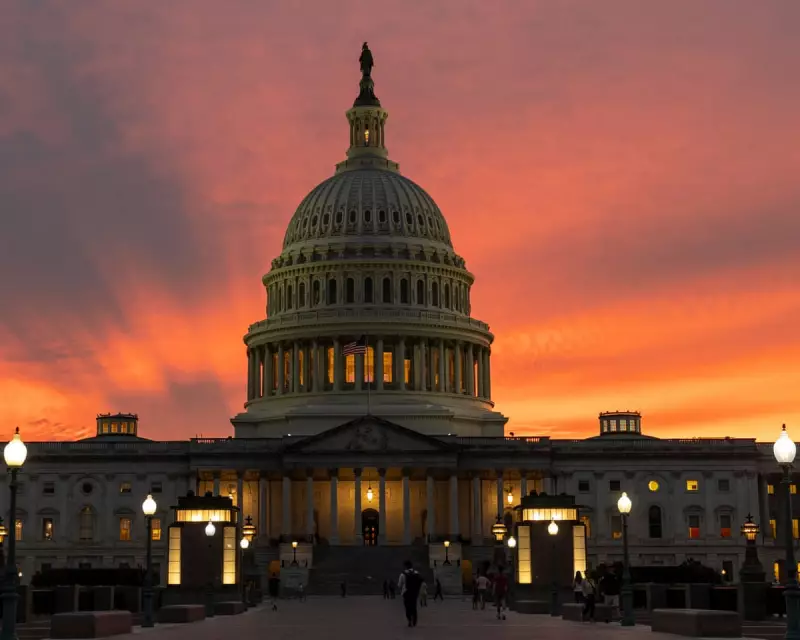
The United States government has plunged into a partial shutdown after Congress failed to pass critical funding legislation, triggering widespread disruption to federal services and placing thousands of workers' paychecks in jeopardy.
Political Impasse Reaches Crisis Point
With just weeks remaining until the presidential election, lawmakers on Capitol Hill remain locked in a bitter stalemate over government spending. The deadlock represents yet another chapter in the recurring budget battles that have become a defining feature of Washington politics.
The shutdown affects numerous federal departments and agencies, with only essential services continuing to operate. National parks, museums, and other public facilities face closure or reduced operations, while regulatory functions and public services experience significant delays.
Federal Workers Bear the Brunt
Hundreds of thousands of federal employees face being furloughed or required to work without immediate pay. The uncertainty creates financial strain for families across the nation, particularly those living paycheck to paycheck.
Essential personnel including air traffic controllers, border security agents, and law enforcement officers continue their duties, though their compensation remains in limbo until funding is restored.
Economic Ripples Begin to Spread
The economic consequences are already materialising, with government contractors experiencing payment delays and businesses reliant on federal services facing operational challenges. The timing couldn't be worse for an economy already navigating inflationary pressures and global uncertainty.
Previous shutdowns have demonstrated how quickly the effects can ripple through the broader economy, from delayed business permits to reduced consumer confidence.
Election Timing Intensifies Stakes
The proximity to November's presidential election adds a layer of political complexity to the funding crisis. Both parties are positioning themselves to avoid blame while attempting to gain electoral advantage from the situation.
Previous government shutdowns have typically ended through bipartisan compromise, but the current highly polarised political environment suggests this impasse could prove more challenging to resolve.
As the standoff continues, millions of Americans await a resolution that would restore government operations and provide certainty for both public servants and citizens relying on federal services.





